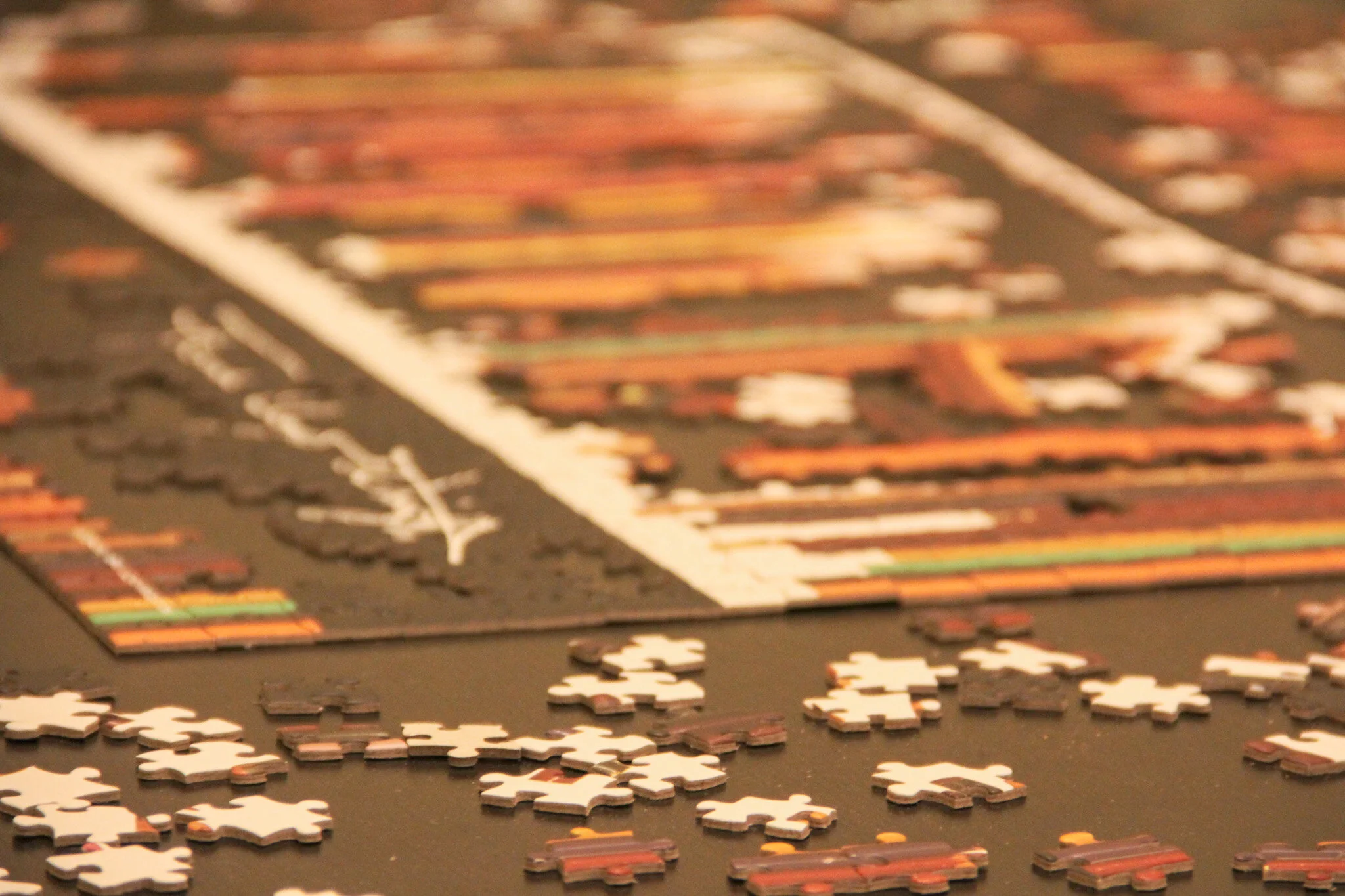Boundaries and Relationships
In this article:
Boundaries are essential to successfully navigating social relationships
Compassion towards others and safety within relationships can be a result of clearly understood boundaries
Identifying your own needs and understanding how to enact and communicate boundaries is a demonstration of self-preservation and self-love
Relationships are Complicated
The most important relationships in our lives can unfortunately also be the most challenging. Meaningful relationships with a partner, spouse, friends, family members and co-workers can all be part of a balanced and fulfilled life, however we can become emotionally exhausted when these relationships are in turmoil or consistently causing chaos in our lives.
Boundaries are essential to successfully navigating social relationships while also poorly understood. It is important to identify and then consistently communicate, through words and action, what your boundaries are in every social domain such as friends, work and family. Mental and emotional boundaries include many important aspects of our lives. Some of these are our beliefs, thoughts, ideas, feelings, decisions and choices.
Creating boundaries in relationships is essential. More specific examples of where to integrate boundaries include your emotional/physical energy, money/finances, social relationships, sexuality needs, time alone, intuitions, and even our individual differences.
It can be draining to your energy if you are in relationship with someone that is neglecting your own needs. It’s possible that understanding your needs in a given situation is difficult, and then deciding how to effectively communicate your needs is even more of a challenge. However, if you allow yourself to be treated in ways that disrespect your own needs and boundaries, you could be setting yourself for asymmetry in your relationships while possibly creating opportunities for boundary violations and your own unnecessary pain and suffering.
Brene Brown - Boundaries
In the clip above, Brene Brown discusses how “the most compassionate people are the most boundaried”. Her point, based on her decades of research, is that when boundaries are clearly communicated within relationships, those in the dynamic can then safely open up and be vulnerable because the dynamics and limitations of the relationship are understood. If we do not know what the limits or stopping points are, it can be very uncomfortable.
With the development of healthier boundaries, we can practice compassion that has clearly defined parameters. As Brene Brown states in the video above, the stated containment that boundaries provide will allow us to practice compassion with more empathy. The limits that boundaries provide allow us to lean into relationships, not abandon others, while also not taking on their pain to our detriment. Being compassionate is an important answer to the concern (sometimes an accusation) that with healthy boundaries we may be somehow cold or neglecting to others.
And, it’s not a perfect formula. Remember the first line of this article: Relationships are difficult. You may have clearly stated boundaries in a specific relationship and they still get crossed. This does not make your need for boundaries invalid. You may receive insults or accusations in response to defined boundaries. Again, this does not make you need for boundaries invalid.
You may need to assess and reassess your needs in relationships. You may need to check in with yourself to understand if you are becoming too attached to the outcomes of someone else’s life and trying to fix or rescue the other person. This is not practicing compassion or creating healthy boundaries in a relationship.
Dr. Charles Whitefield writes in his book Boundaries and Relationships “Boundaries mark where my reality ends and your reality begins”. He continues with:
“Being aware of our boundaries and limits is useful in our relationships and recovery. In fact, this awareness is crucial to having healthy relationships and a successful recovery. A boundary or limit is how far we can go with comfort in a relationship. It delineates where I and my physical and psychological space end and where you and yours begin. Boundary is a concept that provokes a real experience within us. Therefore, in my relationship with people, places, and things, the boundary is real. My boundaries and limits are real. The other's boundaries and limits are real." - Charles Whitefeild, MD
Without an awareness of healthy boundaries, it will be difficult for you to sort out who is unsafe to be around, which may include people who are toxic and people who have the capacity to mistreat or abuse you. Essentially, identifying your own needs and understanding how to enact and communicate boundaries is self-preservation and self-love in action.
DISCLAIMER: All information included is for educational purposes only. It is not meant to be used for self-diagnosis or to instruct anyone on how to proceed with their mental healthcare. A mental health diagnosis can only be identified by a trained professional that facilitates a proper assessment. Please speak to your healthcare professionals prior to making any changes.



